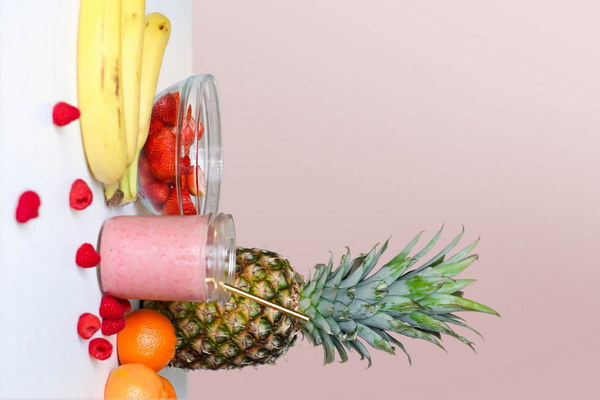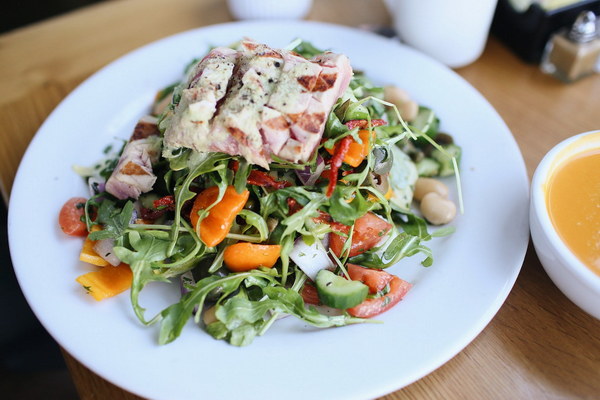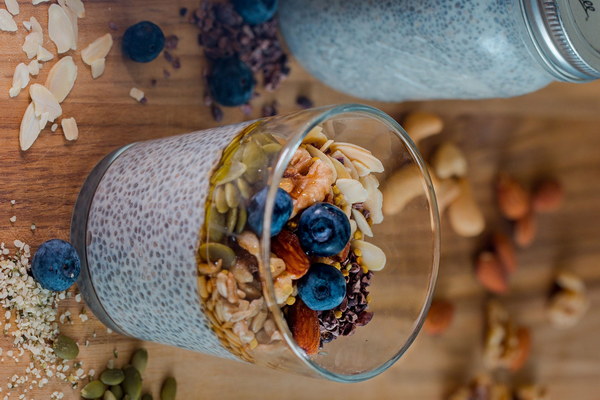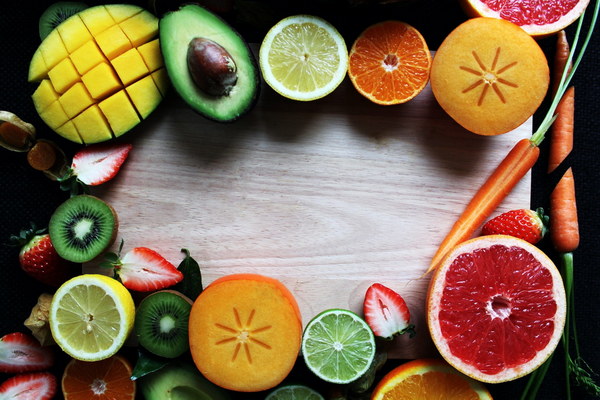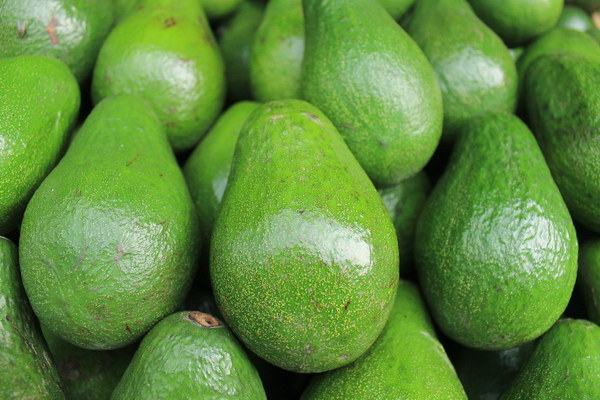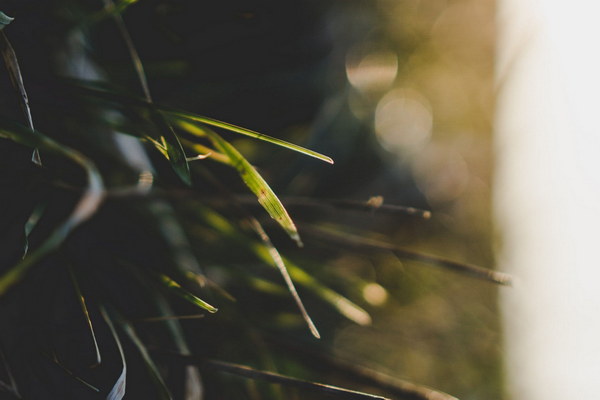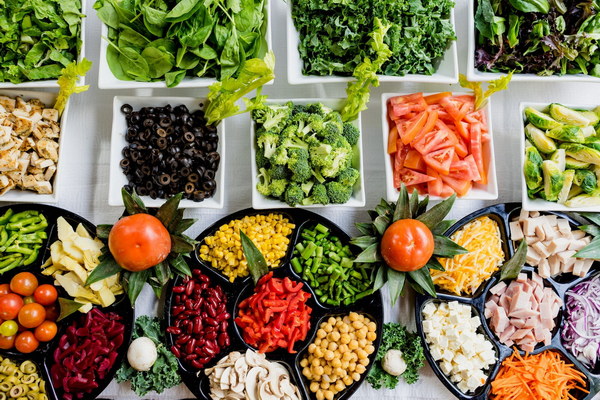The Magic of Baijiu A Traditional Chinese Drink for Dampness Relief and Pain Alleviation
Baijiu, a traditional Chinese spirit, has long been revered for its unique flavor and versatility. Beyond its culinary uses, baijiu is also known for its health benefits, particularly its ability to alleviate dampness and pain. In this article, we will explore the science behind baijiu's dampness-relieving properties and its potential as a natural pain reliever.
Dampness, a concept rooted in traditional Chinese medicine (TCM), refers to an imbalance of body fluids that can lead to various health issues, such as joint pain, fatigue, and water retention. According to TCM, dampness is often caused by an excess of moisture in the body, which can be a result of poor diet, excessive humidity, or other environmental factors.
Baijiu, with its potent and warming properties, is believed to help expel dampness from the body. The spirit's high alcohol content can help stimulate the body's circulation, which in turn aids in the elimination of excess moisture. Additionally, the aromatic compounds found in baijiu may help to improve digestion and promote the absorption of nutrients, further supporting the body's natural dampness-clearing processes.
One of the most notable benefits of baijiu is its potential to alleviate pain. The alcohol in baijiu is believed to have analgesic properties, which can help reduce inflammation and numb pain receptors. In TCM, baijiu is often used in conjunction with other herbs and treatments to address conditions such as arthritis, muscle aches, and joint pain.
Research has shown that alcohol can indeed have pain-relieving effects. A study published in the journal Pain found that alcohol can reduce the perception of pain by affecting the central nervous system. While the study did not specifically focus on baijiu, it does suggest that the spirit may have similar pain-relieving benefits.
However, it is important to note that while baijiu may offer relief from dampness and pain, it should not be used as a substitute for professional medical treatment. The alcohol content in baijiu can also have negative effects on the body, especially in excessive amounts. It is essential to consume baijiu in moderation and consult with a healthcare professional if you have any concerns about its use.
To make the most of baijiu's dampness-relieving and pain-alleviating properties, here are a few traditional TCM recipes:
1. Dampness-Relieving and Pain-Alleviating Wine:
Ingredients:
- 50ml baijiu
- 10g dried tangerine peel

- 5g dried ginger
- 5g dried cinnamon
Instructions:
- Combine the dried tangerine peel, dried ginger, and dried cinnamon in a small bowl.
- Add the baijiu and let it steep for at least 30 minutes.
- Strain the mixture and drink the wine slowly, once a day.
2. Dampness-Relieving and Pain-Alleviating Soup:
Ingredients:
- 500ml chicken broth
- 50ml baijiu
- 10g dried tangerine peel
- 5g dried ginger
- 2 slices of fresh ginger
- Salt to taste
Instructions:
- Bring the chicken broth to a boil in a pot.
- Add the dried tangerine peel, dried ginger, and fresh ginger to the pot.
- Let the mixture simmer for 15 minutes.
- Add the baijiu and salt to taste.
- Serve the soup warm.
In conclusion, baijiu's dampness-relieving and pain-alleviating properties make it a unique and valuable addition to traditional Chinese medicine. While more research is needed to fully understand its mechanisms of action, baijiu's potential benefits are worth exploring. As always, it is essential to consume baijiu responsibly and in moderation, and to consult with a healthcare professional when considering its use as a complementary treatment for dampness and pain.

